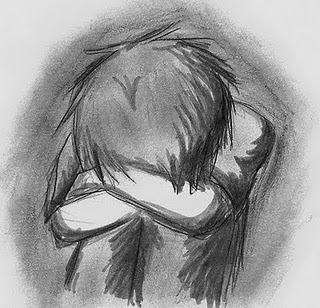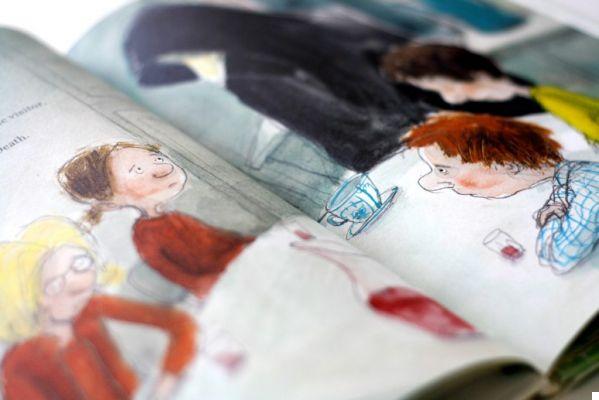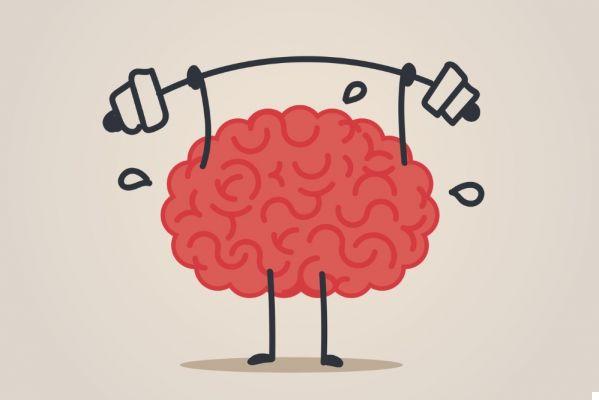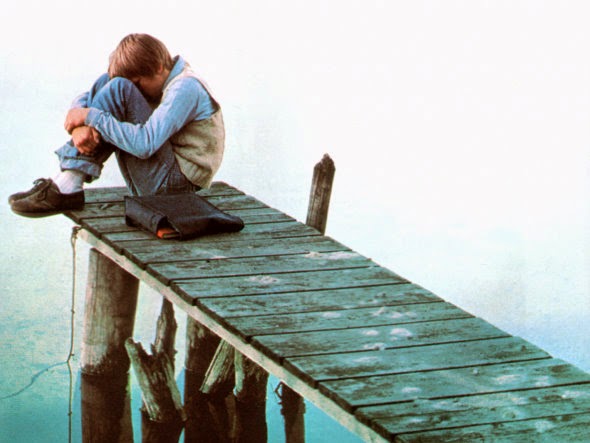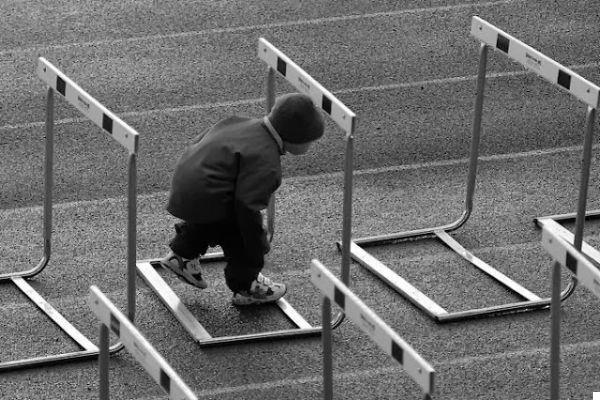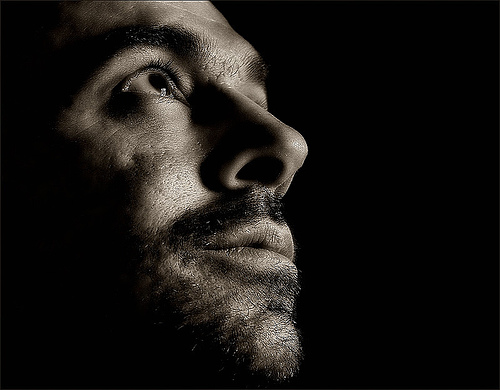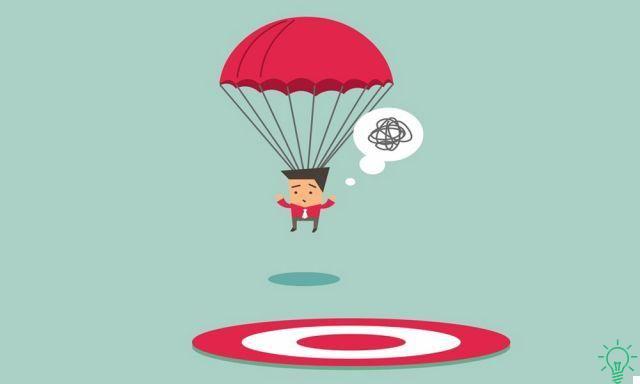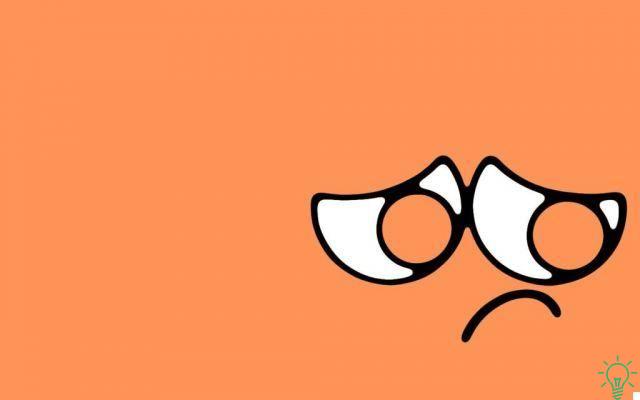 "It doesn't matter how many mistakes you've made or how slowly you're advancing, even so, you're still ahead of everyone who doesn't try." This phrase from Tony Robbins exalts proactivity, not to stay with arms folded and having the courage to take risks, but even so, the prospect of making mistakes can scare us. Sometimes the fear is so great that it paralyzes us and we decide to stop. In other cases, we risk, but then we fail. So we do not assume the error but add it to our load of guilt which becomes heavier every day and prevents us from moving forward.
"It doesn't matter how many mistakes you've made or how slowly you're advancing, even so, you're still ahead of everyone who doesn't try." This phrase from Tony Robbins exalts proactivity, not to stay with arms folded and having the courage to take risks, but even so, the prospect of making mistakes can scare us. Sometimes the fear is so great that it paralyzes us and we decide to stop. In other cases, we risk, but then we fail. So we do not assume the error but add it to our load of guilt which becomes heavier every day and prevents us from moving forward.Forgive yourself: Beyond the symbolism there is a practical reason for doing so
A very interesting study conducted by Carleton University revealed that learning to forgive is not only a symbolic act, it also has practical implications for our life. These psychologists followed 119 college students during their first year of studies. They all had one thing in common: they procrastinated too much during the first semester, studied very little and, as a result, scored very poorly in the first exams, but forgiving oneself for this mistake was crucial in changing the way they approached the second semester exams. Psychologists have noted that those who got stuck with guilt got the worst grades. Instead, those who have been able to forgive themselves and move on have adopted a more proactive attitude by avoiding procrastinating thus achieving better academic performance.These psychologists are convinced that forgiveness allows us to move beyond maladaptive behaviors and helps us to focus. on the future, avoiding that the weight of the past can interfere. It must also be kept in mind that the sense of guilt generates the tendency to avoid certain behaviors, activities and people. In practice, if guilt remains active, we will tend to avoid similar situations in the future that could generate more guilt and that we would associate with something negative. On the contrary, when we forgive, these situations are no longer a problem and we will have no reason to avoid them, but we will feel compelled to face them.The 5 essential steps to forgive yourself
1. Become aware of the error. The first step in forgiving yourself is to understand the extent of what we have done. There is no point in denying the mistake because it will not make it go away. There is also no point in making excuses for our behavior, because it will only keep us in a constant state of denial. We simply have to accept that we have made a mistake. This moment can be painful because it is likely that, for the first time, we will be fully aware of the damage we have caused. But it is important not to be afraid of the pain we will feel. Don't deny the pain, feel and accept it as a necessary step on the path to emotional healing.2. Understanding our role. Once we are aware of the mistake made, it is time to evaluate the consequences, both for us and for the people involved. However, it doesn't mean starting a witch hunt looking for culprits, just taking our share of responsibility for what happened - it's a difficult phase, as we usually tend to overestimate our role. Taken by feelings of guilt, we struggle to realize that, even if the mistake may have been ours, there are probably a set of circumstances that have pushed us in this direction. Of course, the goal is not to find excuses, but just to understand why we made this decision. Perhaps this will make us realize that we have done the best we can, given the circumstances, our level of maturity and the information we had at the time.
3. Learn the lesson. Dan Sullivan once said that all experiences are made up of two parts: the part that works and the part that doesn't. Once we have both identified, we are able to find new ways to maximize the part that worked and eliminate the part that didn't work, which means we can learn something from mistakes too. Each experience has a life lesson for us. If we just experience pain and guilt, the experience will have been in vain. On the contrary, if we are able to identify the teaching, we will emerge strengthened, more resilient and better prepared to face the future. Therefore, ask yourself what you can learn from your mistake that you will need in the future.
4. Laugh at it. When we find ourselves in a complicated situation, or when our mistake seems too big, it is difficult to find amusing aspects in the situation in question. However, learning to laugh at ourselves is essential to coping with problems. In fact, Shakespeare used to say that “laughing at our mistakes can lengthen our lives.” But it doesn't mean minimizing the harm or mistake by making humor, but being able to focus on it in another perspective, take emotional distance. necessary to be able to laugh at our concerns, attitudes or behaviors. In fact, if you think back to the past and remember how scared you were from a particular teacher or how worried you were about the first kiss, chances are it'll make you smile, because now you find it funny what worried you in the past. Likewise, what worries you today will be history tomorrow.
5. Turn the page and move on. Once we have accepted the mistake and learned the lesson, we have nothing else to do but move on. It makes no sense to continue stuck in the same chapter of our life. In fact, in this way we are only denying ourselves the possibility of continuing to live.It is important to be able to forgive ourselves for this mistake and give ourselves permission to carry on. We are not our mistakes, our mistakes do not define us as a person. We are much more than that. What really proves our worth is the way we deal with these mistakes. In any case, always remember the words of the German writer Gotthold Ephraim Lessing: “There is nothing worse than making mistakes for fear of making a mistake”.









